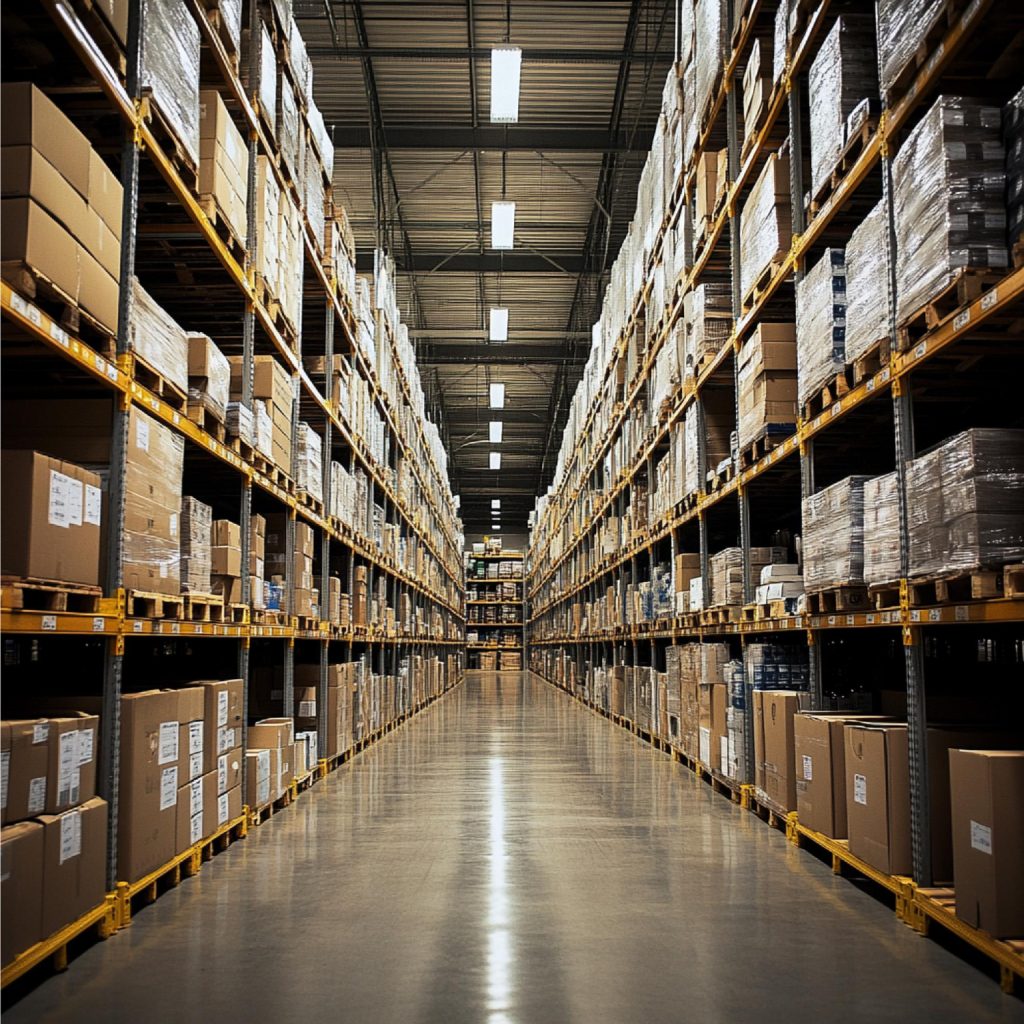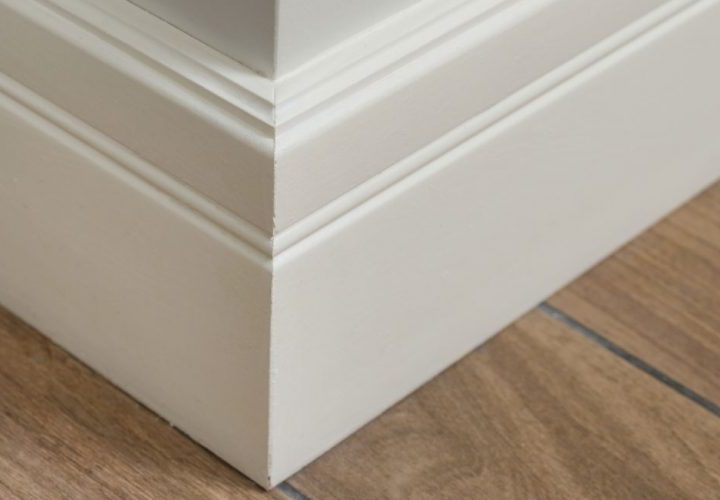
Maintaining a clean warehouse floor is more than just an aesthetic choice; it’s a critical component of workplace safety and operational efficiency. Dust, debris, and spills can lead to accidents, equipment malfunctions, and decreased productivity. In this blog post, we’ll explore essential tips for keeping your warehouse flooring spotless and safe.
Understanding Your Warehouse Flooring
Before diving into cleaning methods, it’s important to know the type of industrial flooring UK in your warehouse. Common types include:
Concrete Floors:
Durable and common, but porous and can absorb spills.
Epoxy-Coated Floors:
Resistant to chemicals and easier to clean.
Polished Concrete:
Smooth surface but can be slippery when wet.
Vinyl Flooring:
Less common but offers good traction and ease of cleaning.
Each type has its own maintenance needs, so tailor your cleaning approach accordingly.
Essential Cleaning Tips
1. Regular Sweeping and Debris Removal
Dust and small debris can accumulate quickly, posing slip hazards and potentially damaging equipment like forklifts.
Use Industrial Sweepers:
Mechanical sweepers can cover large areas efficiently.
Schedule Daily Cleanings:
Incorporate floor sweeping into daily routines to prevent buildup.
2. Prompt Spill Management
Spills are inevitable in a busy warehouse, but how quickly they’re addressed makes all the difference.
Absorbent Materials:
Keep materials like absorbent pads or granules readily available.
Spot Cleaning:
Use appropriate cleaners for the type of spill—oil, chemicals, or water.
3. Appropriate Cleaning Agents
Using the wrong cleaning agents can damage your floor or be ineffective against certain stains.
pH-Neutral Cleaners:
Generally safe for most flooring types.
Degreasers:
Necessary for removing oil and grease but use sparingly.
Avoid Harsh Chemicals:
Acidic or alkaline cleaners can erode floor coatings.
4. Utilize Floor Scrubbing Machines
For large warehouses, manual mopping isn’t practical.
Automatic Scrubbers:
Combine scrubbing and vacuuming for efficient cleaning.
Proper Maintenance:
Regularly service your cleaning machines to ensure optimal performance.
Deep Cleaning Techniques
1. Pressure Washing
Effective for concrete floors with ingrained dirt.
Use Appropriate Pressure Settings:
Too high can damage the floor.
Safety Precautions:
Ensure the area is cordoned off to prevent slips.
2. Steam Cleaning
Ideal for removing tough stains without chemicals.
Eco-Friendly:
Reduces the need for harsh cleaning agents.
Effective on Grease:
High temperatures break down oily residues.
3. Floor Stripping and Resealing
Over time, floors may need a reset.
Strip Old Coatings:
Remove worn-out sealants or coatings.
Apply New Sealants:
Protects the floor and makes future cleaning easier.
Maintenance and Prevention
1. Floor Coatings and Sealants
Protective layers can extend the life of your flooring.
Epoxy Coatings:
Durable and resistant to heavy traffic.
Sealants:
Prevents absorption of spills into porous surfaces.
2. Use Mats and Walk-Off Areas
Reduce the amount of dirt entering the warehouse.
Entryway Mats:
Capture dirt from shoes and equipment wheels.
Designated Cleaning Zones:
Areas where equipment can be cleaned before entering the main floor.
3. Scheduled Maintenance Plans
Consistency is key to a clean warehouse.
Weekly and Monthly Tasks:
Break down cleaning tasks to ensure regular upkeep.
Inspections:
Regularly check for floor damage or areas needing extra attention.
Safety Considerations
1. Slip-Resistant Treatments
Enhance traction to prevent accidents.
Anti-Slip Coatings:
Especially important in areas prone to wetness.
Textured Surfaces:
Provide natural grip without additional coatings.
2. Signage During Cleaning
Always prioritize safety when cleaning is in progress.
Warning Signs:
Indicate wet floors or cleaning zones.
Barriers:
Use cones or tape to restrict access during cleaning.
Professional Services vs. In-House Cleaning
Decide whether to handle cleaning internally or hire professionals.
In-House:
More control but requires investment in equipment and training.
Professional Services:
Expertise and efficiency but comes at a cost.
Conclusion
A clean warehouse floor contributes to a safer and more efficient working environment. By understanding your flooring type and implementing regular cleaning and maintenance routines, you can prevent accidents, prolong the life of your floor, and keep your operations running smoothly.Remember: Consistency is crucial. Make floor cleaning a regular part of your warehouse management strategy.

 Enhancing Home Access with Wooden Loft Ladders
Enhancing Home Access with Wooden Loft Ladders  Understanding Dado Rails: Functionality and Style
Understanding Dado Rails: Functionality and Style  Is Bitcoin the Future of Digital Payments?
Is Bitcoin the Future of Digital Payments?  Why Walmart Is Rethinking the Use of Self-Checkout Systems
Why Walmart Is Rethinking the Use of Self-Checkout Systems